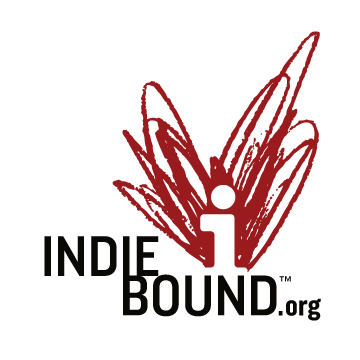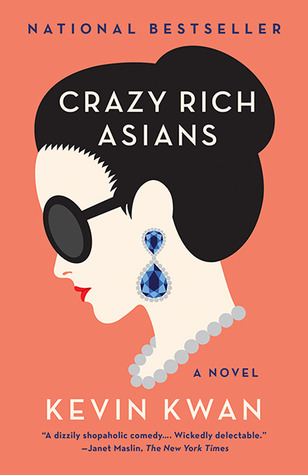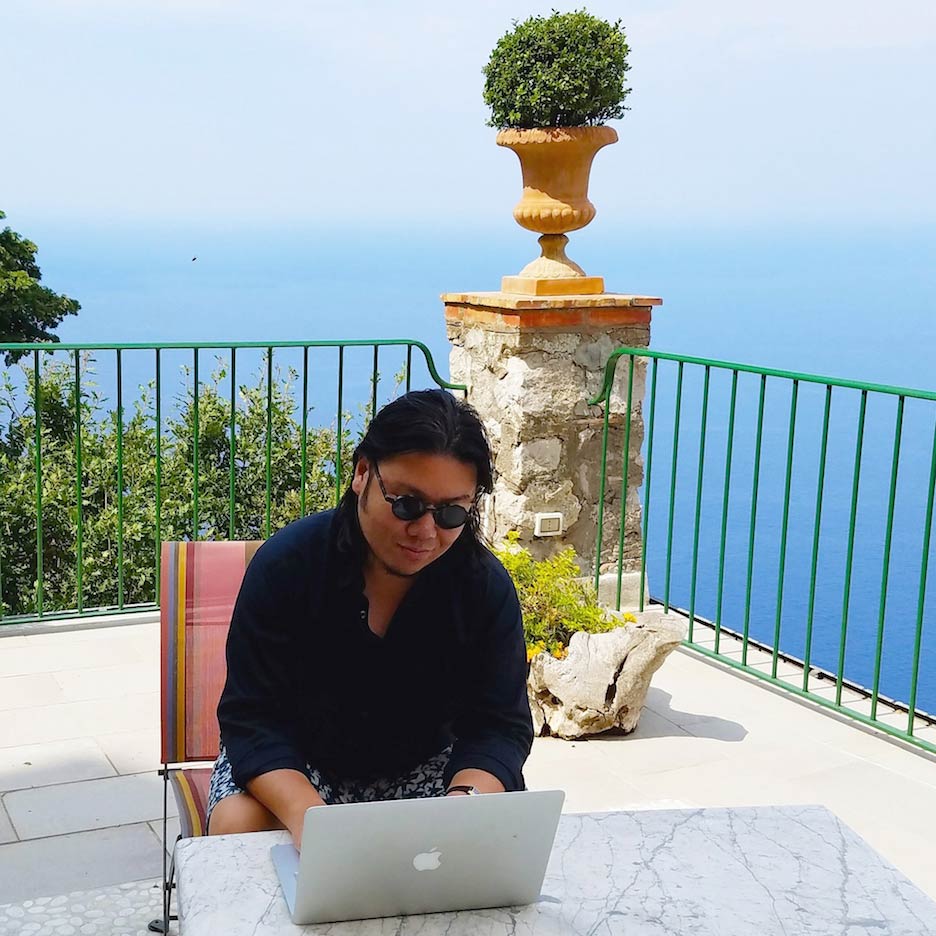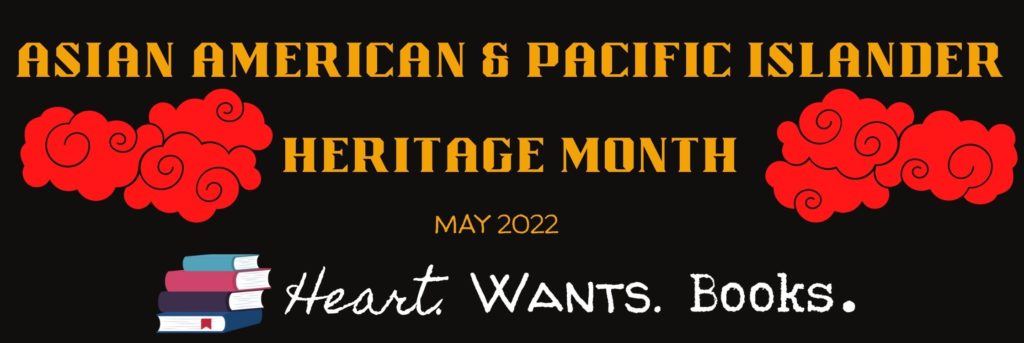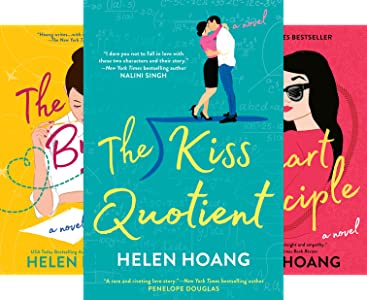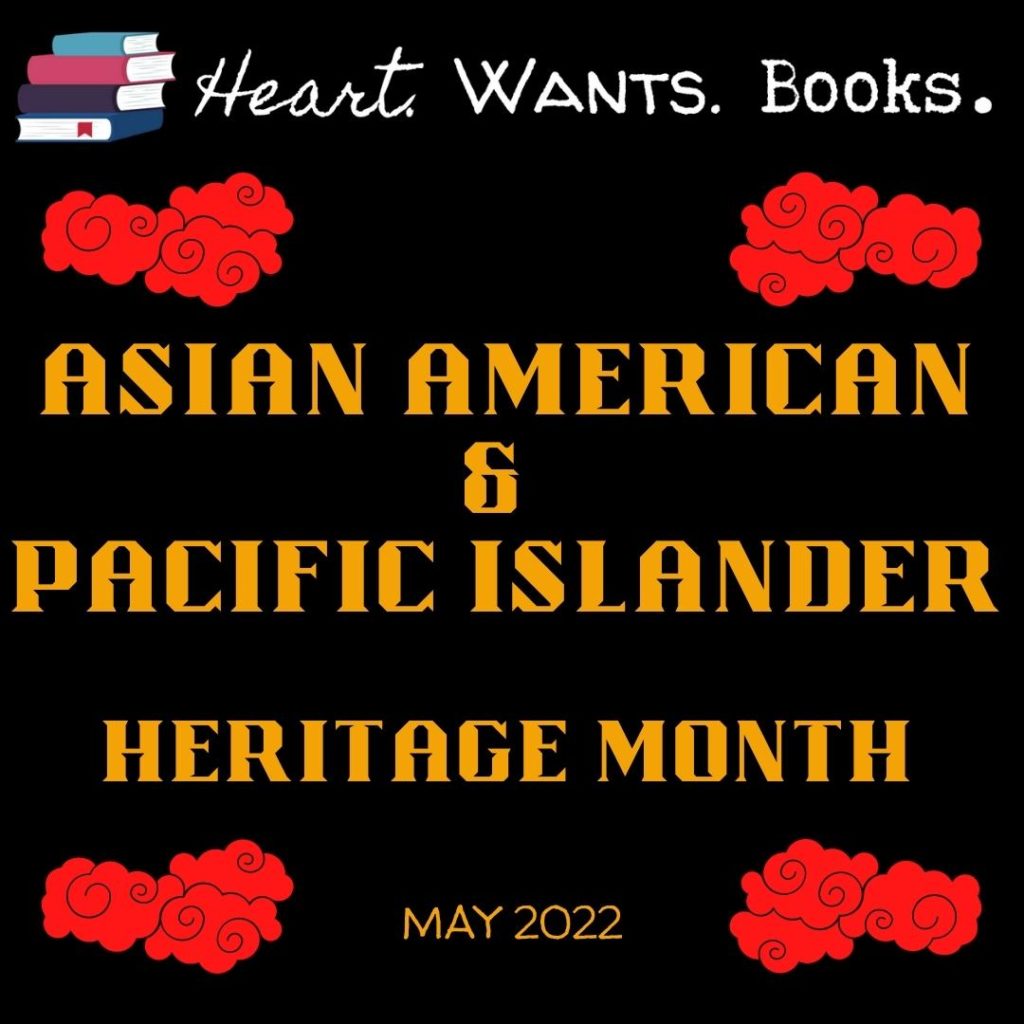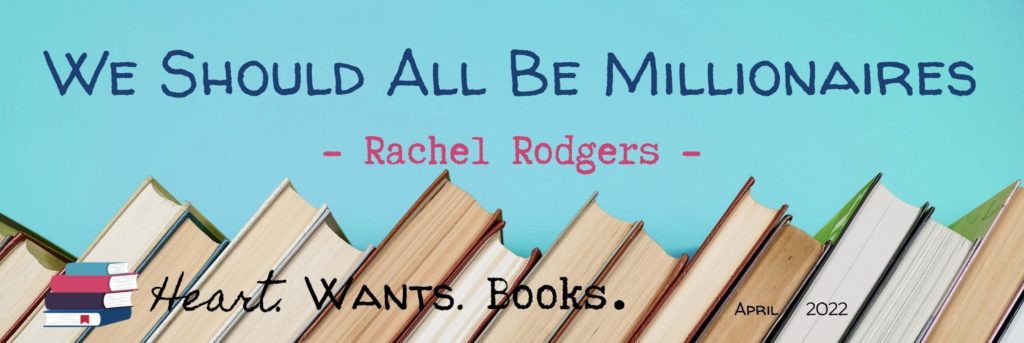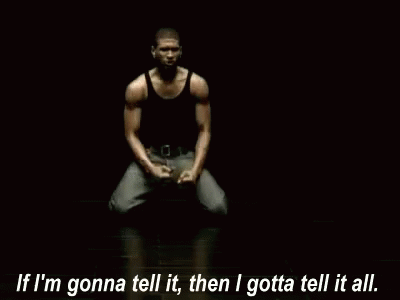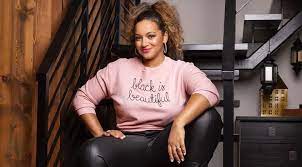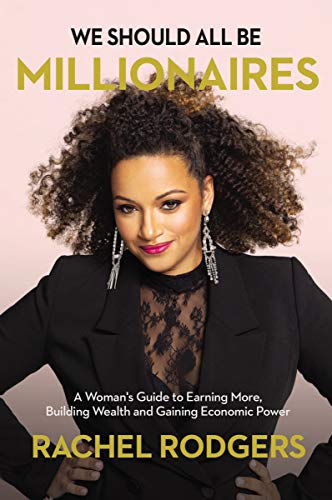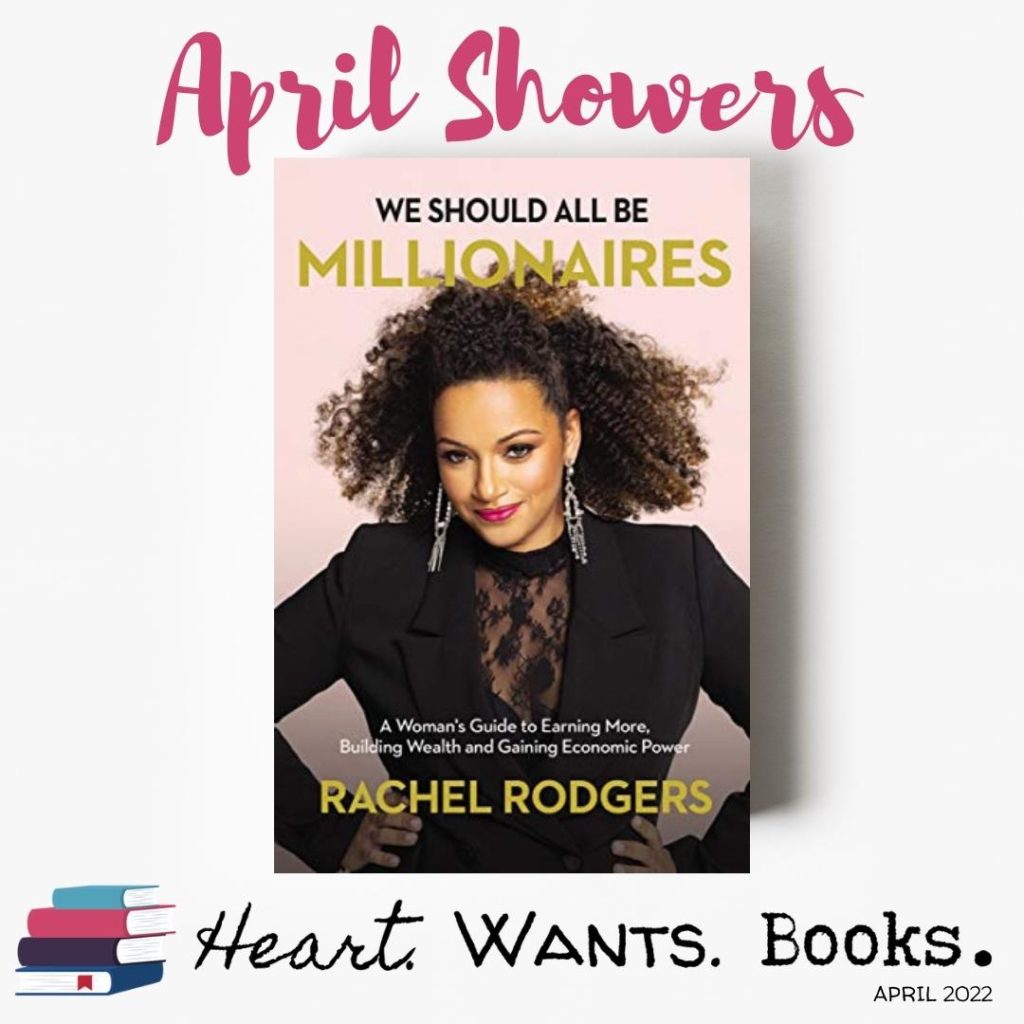
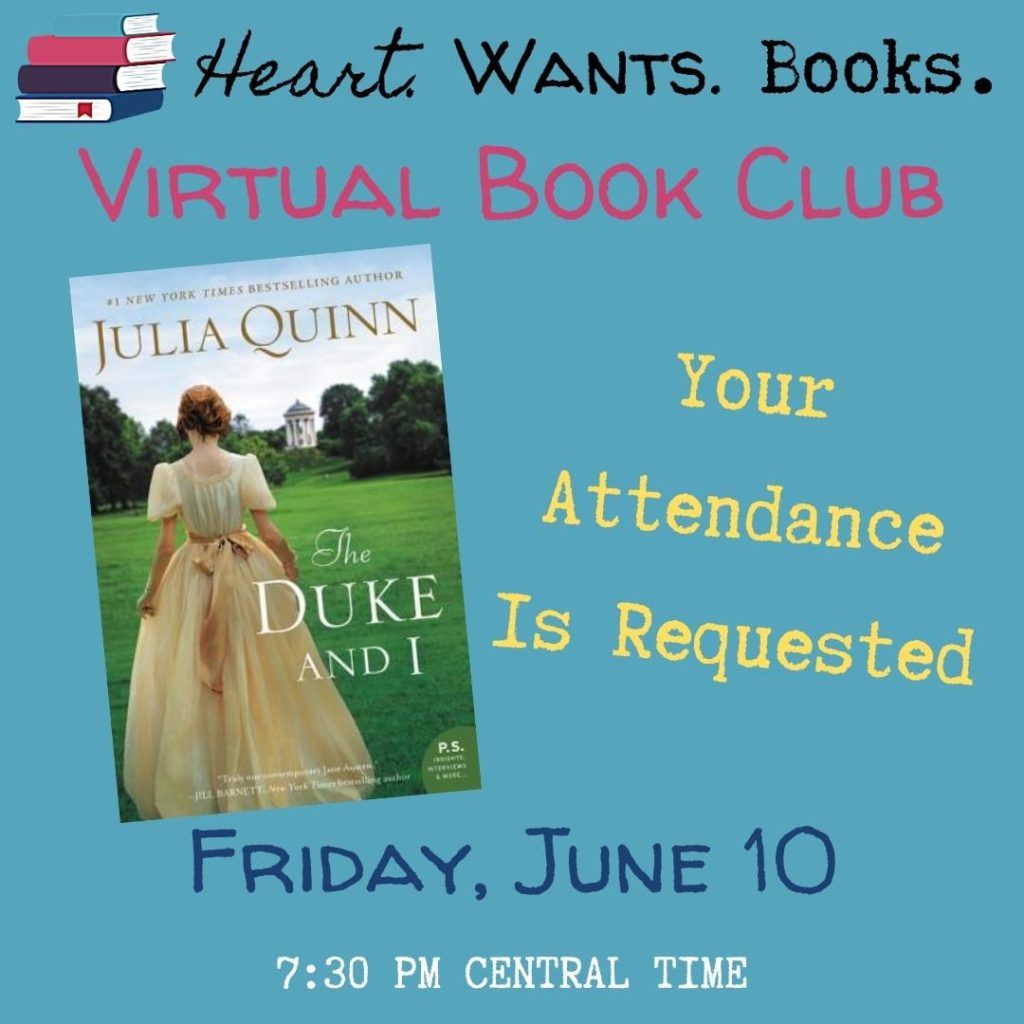
The following post includes affiliate links. More details here. As you’re doing your Amazon shopping, we’d be ever so grateful if you’d use our affiliate link to do so as it helps pay the bills around here!
Gentle Readers, we have less than a month until we dive head first into the international sensation that is Bridgerton during Virtual Book Club. We are preparing to promenade into society with the first in the Bridgerton series, Julia Quinn’s The Duke and I. This is your formal invitation to be in the know on the gossip about the ton, so RSVP here to let us know you’ll be joining Heart.Wants.Books. and friends, Friday, June 10th at 7:30pm CST.

Let’s start at the very beginning. Cathy Park Hong is the daughter of immigrant parents who fled South Korea after the Korean War. She earned her MFA in Poetry from The University of Iowa Writers Workshop. (If you recall, other Heart.Wants.Books. favorite authors have also graduated from there, specifically of note are Peter Heller and Yaa Gyasi.) With three books of poetry already under her belt, and with poems published in periodicals such as the New York Times, New Republic, the Guardian, Paris Review, and Poetry, it should come as no surprise that Minor Feelings: An Asian American Reckoning was well received in February of 2020. This collection of creative, nonfiction essays was a Pulitzer Prize finalist, won the National Book Critics Circle Award for autobiography, and earned Hong a spot on Time’s 100 Most Influential People of 2021 list. Additionally, she has received such awards as the Guggenheim Fellowship and a National Endowment for the Arts Fellowship. When she’s not creating, you can find her at Rutgers-Newark University teaching a course on the Craft of Poetry.
The seven autobiographical, creative nonfiction essays that comprise Minor Feelings: An Asian American Reckoning each has its own distinct structure and theme but are written by the same voice. Hong’s narration is her coming to more deeply understand how she has been formed by her Asian American identity while simultaneously educating others on what it feels like to stand in her place. The term minor feelings isn’t explained until the second essay entitled “Stand Up” where she discusses her obsession with the comedy of Richard Pryor and her own attempt at stand up comedy. Hong explains that minor feelings are “negative, dysphoric, [and] built from the sediments of everyday racial experience and the irritant of having one’s perception of reality constantly questioned or dismissed.” In short, minor feelings occur in systemic gaslighting by society towards racial groups. Hong found them expressed in the stand up comedy of a Black man. In every essay and every example, Hong repeatedly bludgeons the reader with emotions and facts that force us to see where we have either been the perpetrator or victim in similar situations. She speaks to what seems to be a truth of humanity and how we can all grow and make the world a better place. She gives the example of how her current students, especially white students, are willing to listen to and make uncomfortable conversations about race happen in the classroom, where even ten years ago they would have been in the room, uncomfortably silent.
I hope that by bringing Hong’s work to our readers we’re participating in the conversation around race in America, and not being uncomfortably silent. Just like Hong admits, we all have room to grow, and the best way to do so is to become aware of the stories of others who don’t look like us. I’m giving Minor Feelings: An Asian American Reckoning four solid stars, as I don’t foresee myself re-reading this title, but I will certainly be recommending it to anyone who is ready to empathize with another American. Like I told Nikki, I have major feelings about Minor Feelings.
What truly American stories do you recommend to learn about people who don’t look like you?
~Ashley

Readers, let’s be clear about one thing up front. Maybe two. I’m going to speak in generalities a bit and the irony of doing so when discussing this book isn’t lost on me. Ok, here’s the deal, I’m not convinced poets know how to have “minor” feelings, at least not on the page. Do I know a great many poets? I don’t think so, but I do know a few, and I have seen the struggles that go into the selection of words that make it on the page. Let’s be clear, Minor Feelings: An Asian American Reckoning by Cathy Park Hong is about major feelings, and it’s intense. When Ashley and I selected this compact text (yes, it’s only 224 pages), I knew it was going to be a bit spitfire, you know, with the “reckoning” piece, but I didn’t remotely understand what I was in for until Hong talked about writing poetry, and then it all made sense. I guess what I am saying is that poets pack a punch in their writing, and this is no different in that, but Minor Feelings is essays instead, so the stories are more fleshed out and that makes some of the punches harder, in a number of ways, but so very important too.
Hong tells a number of stories in Minor Feelings, and one of the ones that stuck out for me was when she told the story of her mother. The first book I remember reading that blatantly said a woman’s story starts with her mother’s story is The Red Tent by Anita Diamont. While that book got me thinking a lot, I took the window that Minor Feelings gave to me and turned it into sort of a mirror (is this centering myself in the story of a person belonging to a group that is marginalized, yes, but hang with me, we’ll get there, I think). That mirror / window thing let me see the story of Hong’s mother’s life, and how she came to the US and became the mother who raised Hong and it made me wonder what it was like for my foremothers who immigrated, and what in their lives was a reflection of the trauma of leaving home for an unknown land, enduring hardships during the journey, and likely more upon arrival. I honestly don’t know. I have a vague idea of the European countries that my family tree traces back to, but nothing concrete. Here’s another mirror part – Hong and I’d guess most first generation Americans know exactly where they came from, both the country and the culture, and I have only a little clue. Not because the resources don’t exist (as they don’t really exist for Black people whose ancestors were enslaved), but because I haven’t devoted the time and effort into using those resources. This is just another piece of the work I need to do to become a better version of myself. It’s a piece of my story I can dig up to help me relate to people whose families are experiencing immigration, or have more recently than mine.
Ultimately, the essays in Minor Feelings explain pieces of Hong’s life, and of her experiences with race in America. She says “Students have asked [her], “How do I write about racial identity without always reacting to whiteness?” The automatic answer is “Tell your story.”” This text is full of stories that long to be read, and truly heard, they long to be a window giving insight into the experiences of others, so that more people might see what was previously unseen, so that we might love better as a country and figure out how we move forward from our “capitalist white supremacist hierarchy.” I’m convinced more hustle is the wrong answer, and more listening is at least part of the right answer. The kind of listening where “you have to slow down and listen with your body. You have to train your ears and offer them your full attention.” That kind of listening is what Minor Feelings demands of readers, and it’s so worth all of the four stars I’m giving this amazing text. It’s thoughtful, intense, powerful, and looks at an issue that is familiar to me from a different perspective, which is so valuable. I doubt I’ll reread this text, but I’ll be interested in any long form Hong chooses to put into the world, and I might go looking for one of her collections of poems too.
What is a book that helped you look at a familiar idea in a different way?
~Nikki
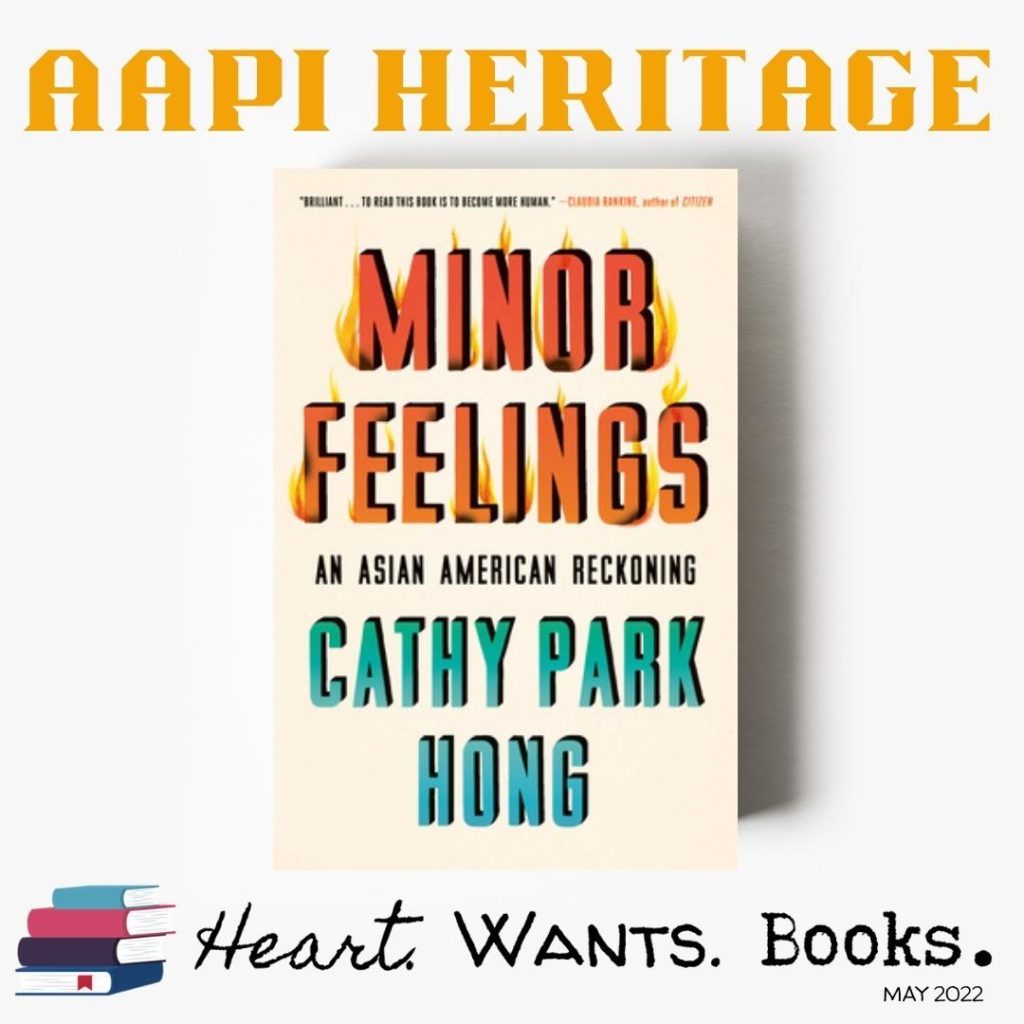
PLEASE SUPPORT US WHEN YOU SHOP BY FIRST CLICKING ON THE IMAGES BELOW:


